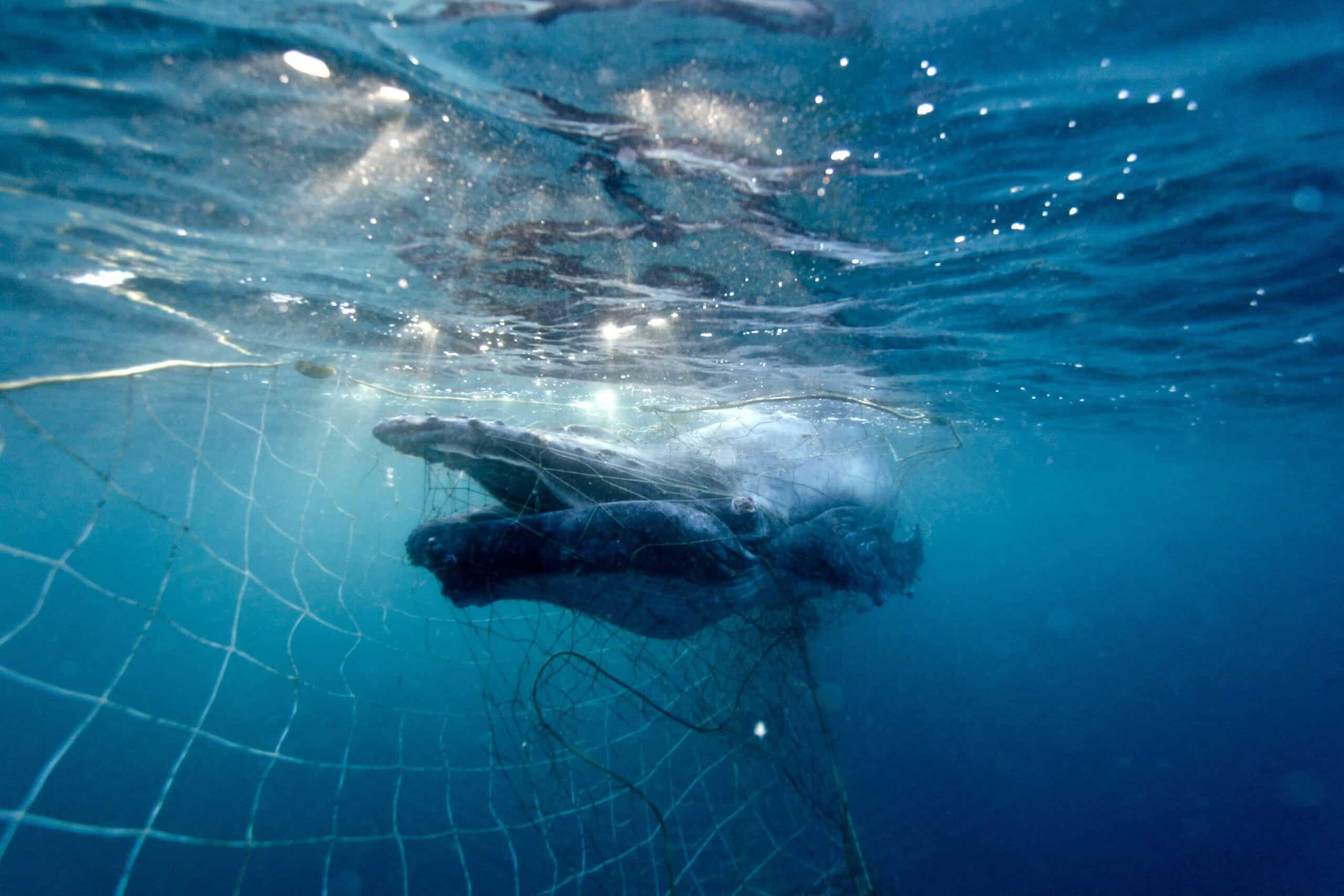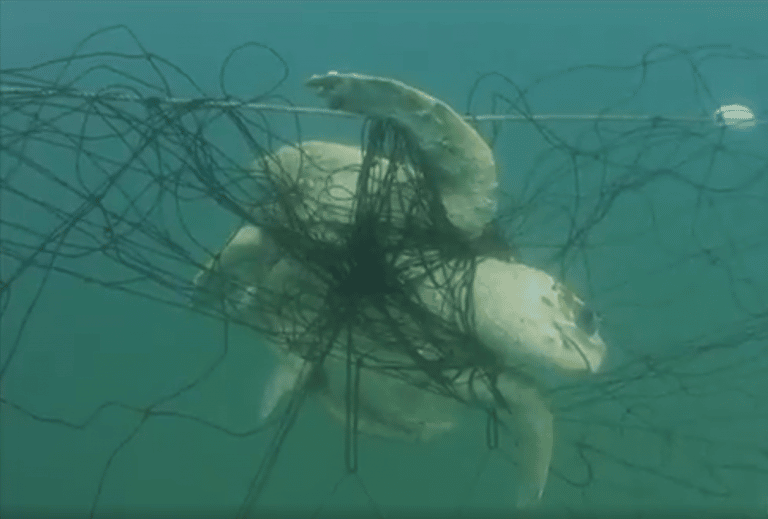SYDNEY 25 MAY 2025: The Queensland Crisafulli government’s ‘new’ Shark Control Program—that will amp up the slaughter of sharks—looks like it was written in the 1900’s and flies in the face of conservation science while doing nothing to improve swimmer safety. The news was revealed today in a Courier Mail...
On the fifth and final morning of IWC 67 at Florianopolis, Brazil, Japan’s proposal package aiming for a return to commercial whaling was squarely defeated, failing to achieve a ¾ majority vote. The final tally was 41 countries against, 27 in support, and two abstentions.
This was the vote that most government participants and NGO observers had been waiting for all week long. Japan had advanced a bundle of recommendations targeting the prohibition on commercial whaling agreed to in the 1980s. These included proposals to establish a ‘Sustainable Whaling Committee (SWC)’ and a process to determine catch limits for what Japan calls “abundant whale stocks/species”.

Two resolutions aiming to protect whales from human caused threats were agreed earlier in the week by consensus. Image: HSI
Australia was first out of the blocks for the like-minded organisations opposed to commercial whaling, and Commissioner Nick Gales was eloquent in framing the issue.
“What remains of the whaling business today is an enterprise that has little — and diminishing — demand for its products, in many cases is reliant on State subsidies, and at a global scale has essentially lost its social licence”.
Moreover, Gales asserted, countering Japan’s key narrative that the IWC is broken, ‘disagreement does not mean dysfunction’.
Australia was first out of the blocks to oppose Japan’s whaling proposal at #IWC67, stating that,”It is a business proposition against which many parties hold legitimate environmental and welfare concerns.”
Demonstrating the Commission’s ability to function well, two resolutions aiming to protect whales from human caused threats were agreed earlier in the week by consensus. One focused on the threat of noise pollution (such as is caused by shipping, drilling and exploring for oil and gas) and the second aimed to prevent whale entanglements in lost fishing gear.
The delegates also endorsed the IWC’s new bycatch initiative which addresses a massive threat to cetaceans worldwide and in which Humane Society International has played a key role. Though requiring a vote, a third resolution was adopted to acknowledge the crucial role whales play to cycle ocean nutrients and maintain healthy ecosystems.

Humane Society International had a strong team of experts in whale science, policy and law at the meeting, advising governments both formally and informally. Back row: Nicola Beynon, HSI Australia Head of Campaigns, Mark Simmonds, HSI Senior Marine Scientist and Bernie Unti, Senior Policy Advisor at HSUS, Front: Claire Bass, Executive Director at HSI UK, Grettel Delgadillo, Deputy Director at HSI Costa Rica and Rebecca Regnery, HSI Deputy Director for Wildlife.
Firmly showing the will of the majority of the Commission to chart a course for conservation, on Thursday the body also approved the “Florianopolis Declaration” which advanced by Brazil. This was a non-binding resolution stating that commercial whaling is no longer a necessary economic activity and that killing whales for research is not valid, and it passed by a vote of 40 to 27. Further tightening the noose on Japan’s bogus scientific whaling, this meeting saw the Commission take a formal view for the first time that Japan has not demonstrated a need to kill whales for science. These outcomes were something of a consolation in light of Monday’s defeat of Brazil and its Atlantic neighbours’ longstanding proposal for a South Atlantic Whale Sanctuary.
Humane Society International had a strong team of experts in whale science, policy and law at the meeting, advising governments both formally and informally. We leave the meeting feeling immense relief that the IWC’s moral compass has once again roundly rejected commercial whaling and has resolved to get on with the work that is so badly needed for their conservation.
Blog image: Japan’s proposal package aiming for a return to commercial whaling was squarely defeated at last week’s IWC meeting in Brazil. Image: HSI/AMCS/N McLachlan


